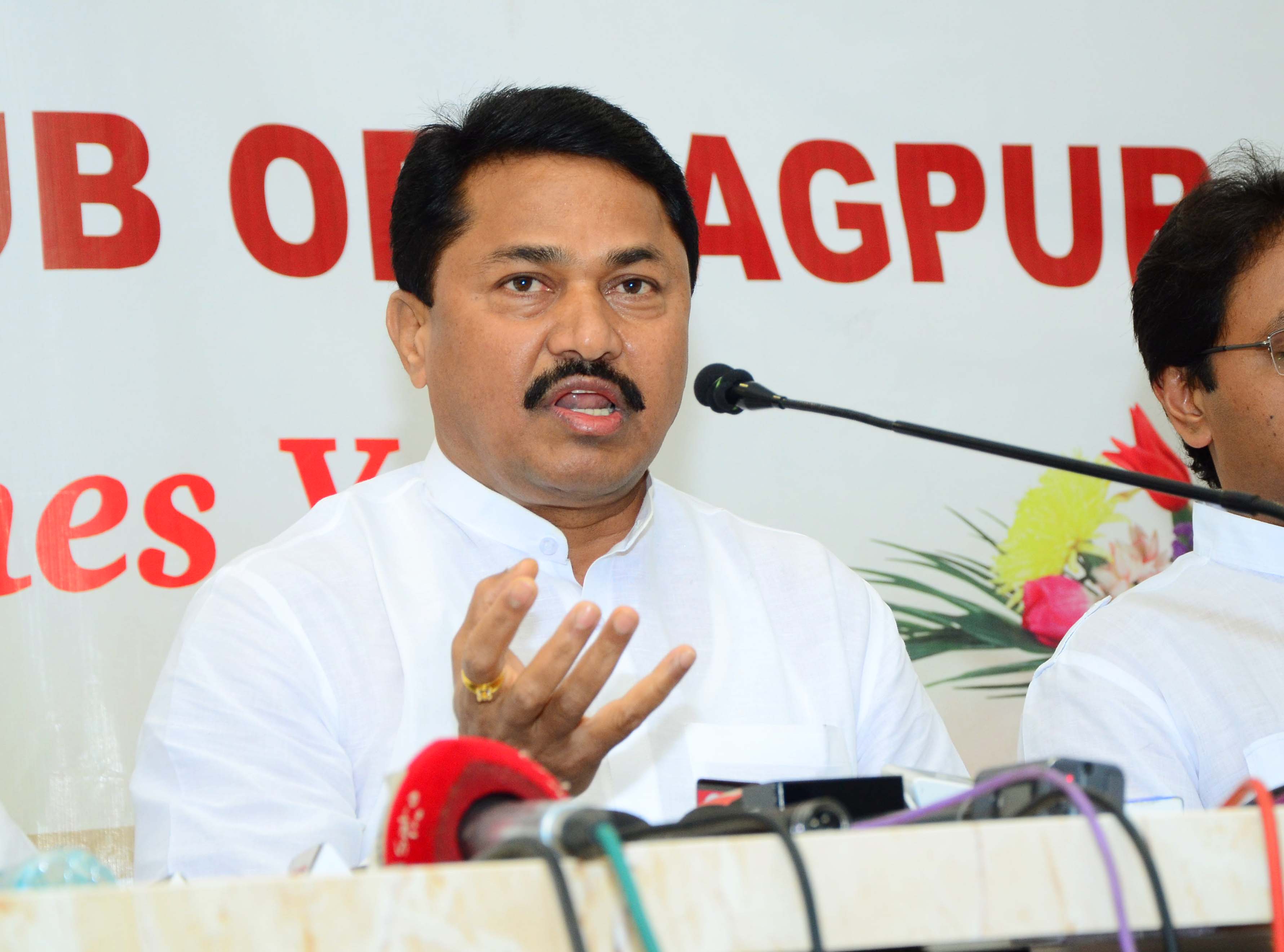In a bid to quell rising tensions and pacify a potentially disruptive agitation, Maharashtra Chief Minister Eknath Shinde has brokered an agreement with Maratha quota activist Manoj Jarange-Patil. This move not only averts a crisis that could have paralyzed Mumbai but also elevates Shinde’s standing within the influential Maratha community.
The political significance of this resolution extends beyond mere appeasement. With Marathas constituting a substantial 33% of Maharashtra’s population, their support holds immense sway in the state’s electoral landscape. Historically, Marathas have wielded considerable political clout, with 12 out of 20 Chief Ministers since the state’s formation hailing from this community. However, socio-economic disparities and agrarian distress have eroded their prosperity, fueling demands for reservation to address their grievances.
Shinde’s conciliatory gesture towards Jarange-Patil, manifested in the promise to issue Kunbi caste certificates to the “sage-soyare” lineage, signifies a step towards inclusivity within the Other Backward Class (OBC) ambit. This maneuver aims to extend reservation benefits to Marathas, thereby addressing their long-standing demand for representation in educational institutions and government jobs.
However, the path to resolution is fraught with challenges. OBC groups have vehemently opposed this move, fearing dilution of their own quota benefits. Leaders like Babanrao Taywade and Prakash Shendge have already voiced their discontent, vowing to resist any attempts to incorporate Marathas into the OBC fold using Kunbi certificates. This opposition underscores the delicate balancing act the government must perform to navigate competing interests.
Senior leaders like Chhagan Bhujbal have emphasized the preliminary nature of the draft ordinance, highlighting the need for further deliberation and consultation before any final decision is made. The government’s cautious approach reflects the complexity of the Maratha reservation issue, which is subject to legal scrutiny and constitutional scrutiny.
Deputy Chief Minister Devendra Fadnavis has sought to allay OBC concerns by reaffirming that Kunbi certificates will be issued only to those with verifiable Kunbi lineage, thus assuring that non-Kunbi Marathas will not benefit from this provision. Nevertheless, the legal battle surrounding Maratha reservation is far from over, with the outcome of the curative petition filed in the Supreme Court yet to be determined.
The genesis of the Maratha quota agitation underscores the evolving nature of demands within the community. From initial calls for separate reservation to the current push for inclusion under the OBC umbrella, the trajectory of the movement reflects shifting aspirations and strategies aimed at securing socio-economic empowerment.
As Maharashtra braces for a special legislative session in February 2024 to address Maratha reservation issues comprehensively, the debate is far from settled. With legal battles looming and political maneuvering intensifying, the quest for equitable representation for Marathas remains a contentious and evolving narrative in Maharashtra’s socio-political landscape.
Also Read: Tensions Escalate as VHP Demands Gyanvapi Mosque Complex to be Declared Hindu Temple






